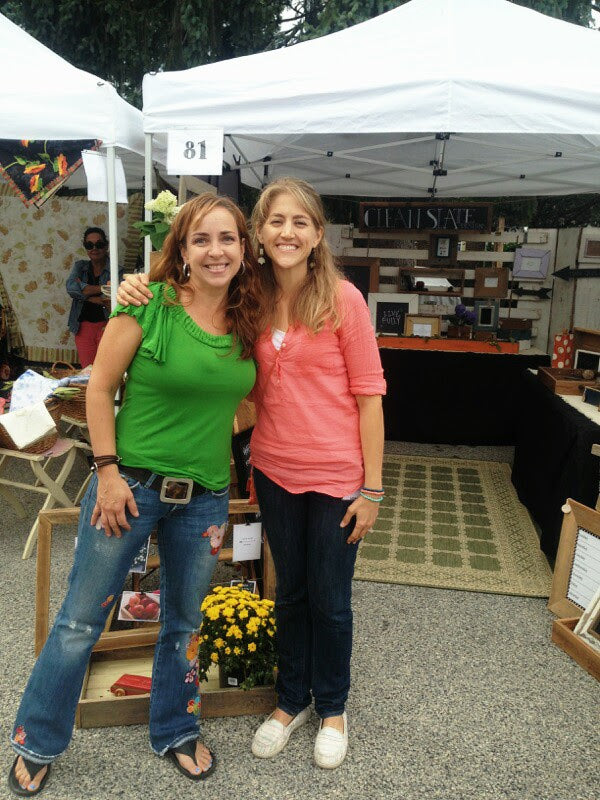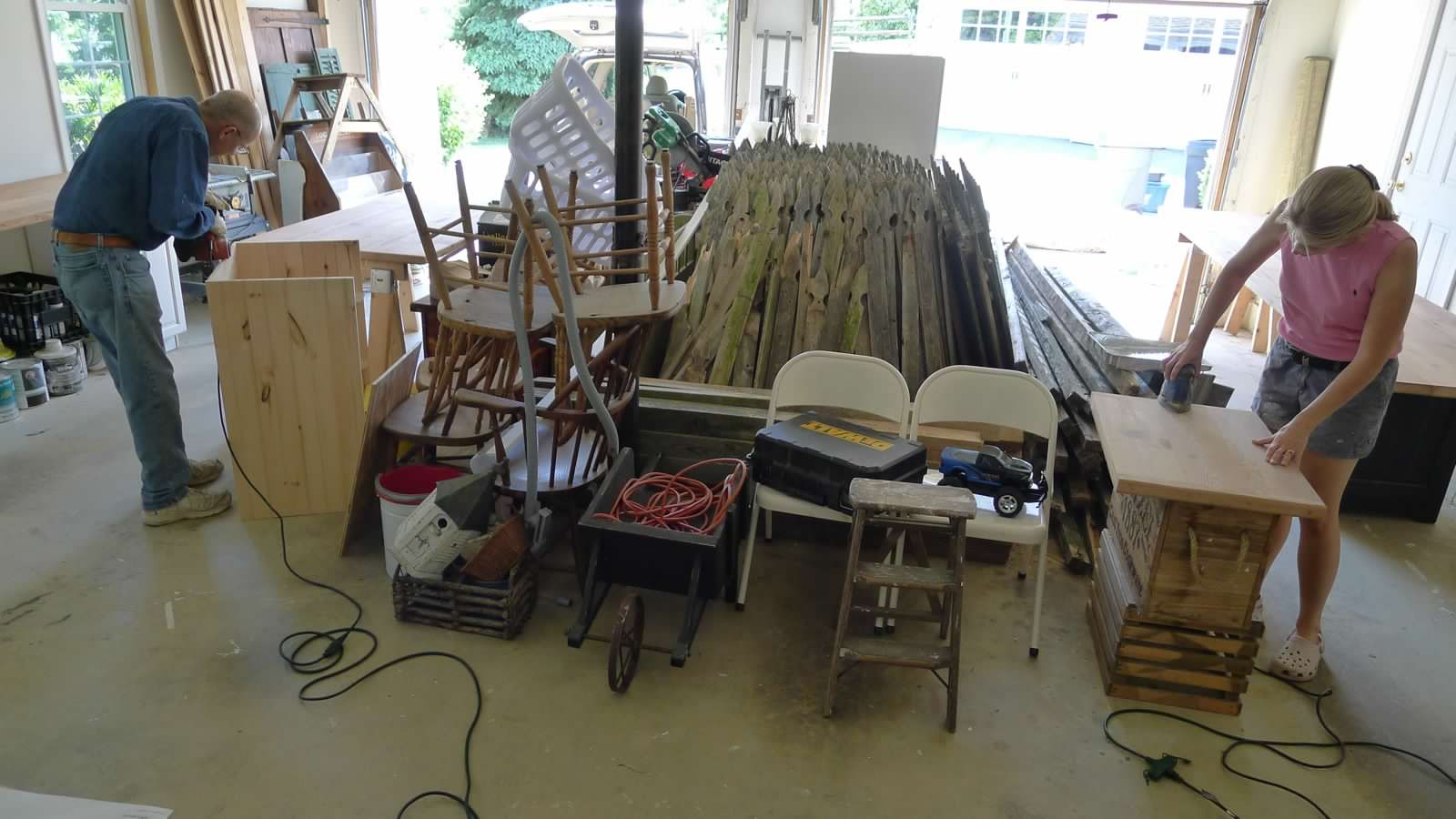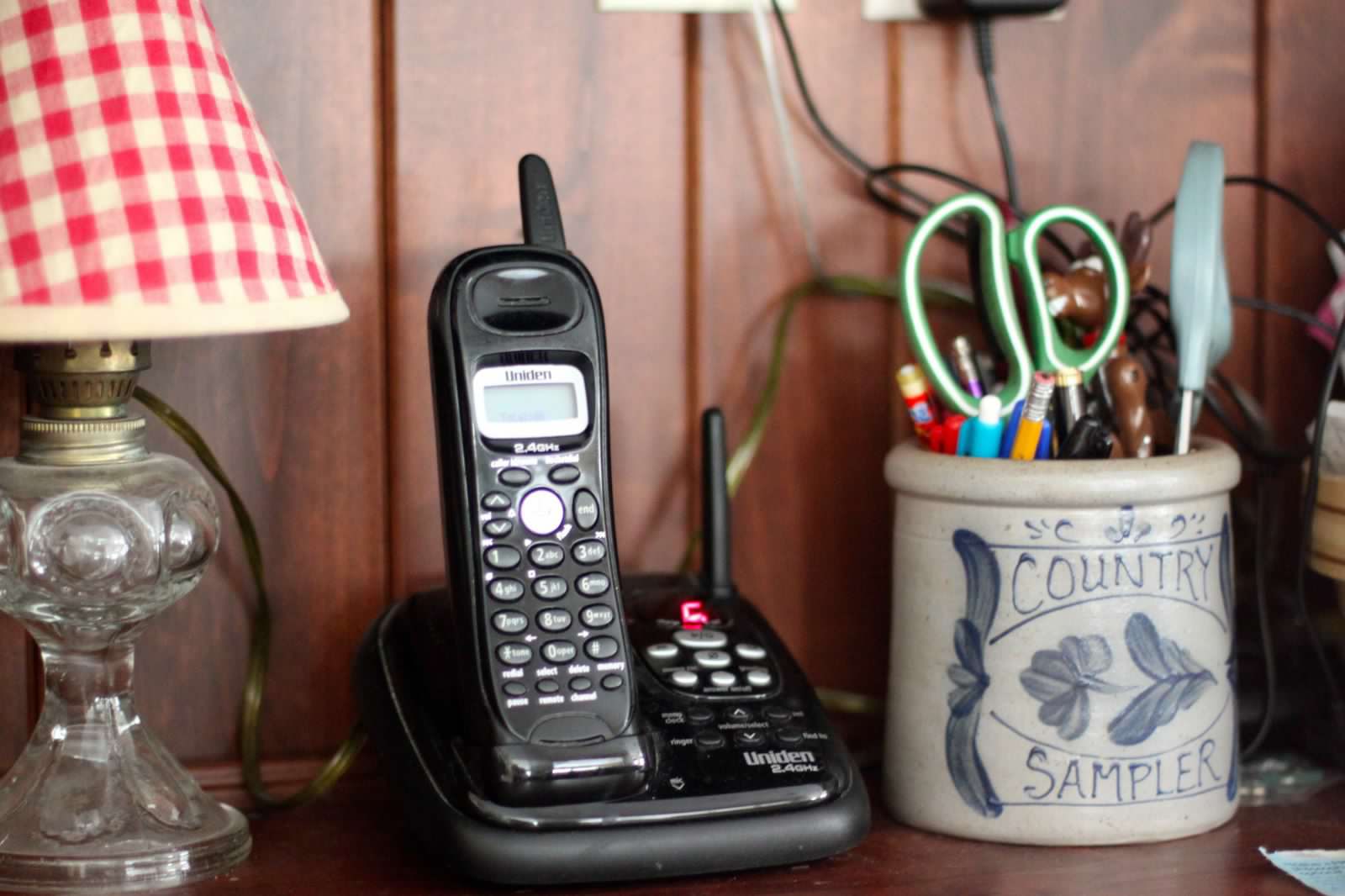Beginnings: Part 3 - The Questioning
·

·
When back-burner dreams become reality...
I've heard in entrepreneurship sometimes the best strategy is to just start because if you wait till you have it all figured out, it will never happen. So summer of 2015, "just start" we did, my friend Carrie and I, two newbie woodworkers wielding safety glasses and belt sanders, compound miter saws and nail guns, jigsaws and wood glue. "Clean Slate Designs" seemed a fitting name for our venture since we were giving discarded rubbish a "clean slate," so to speak, as we sanded, polished, and painted, transforming those old fence pickets and piles more of reclaimed treasures into coat racks, serving trays, chalkboards, caddies, vases, jewelry organizers, and, of course, frames.
We schlepped and sold our wares at many a random pop-up (fire halls, schools, parks, parking garages, church parking lots...). There were flopped creative endeavors and flopped events (turns out flea market attendees are usually in the market for bottom-dollar deals, not that frame you just spent 3 hours meticulously crafting). We learned as we went, and kept on going despite the long hours & little monetary return. Our creativity spurred us on, but also a desire to do more.
Before starting Clean Slate Designs, I'd been learning about areas of our world with extreme poverty. So when we started selling our wares, as a give-back model, we donated 20% of each sale to sponsor school scholarships for children being raised in the slums of India. Our hearts were in the right place, but as a business model, it wasn't sustainable and our take home pay for our hours and hours of labor and travel and a whole lot of set up and tear down was slim to none.
Which got me thinking.....
As I was in big box stores seeing reclaimed wood decor popping up left and right for a fraction of what we needed to charge for all our efforts...
"How were these stores able to sell these items at such low prices?"
And for probably the first time ever, I began wondering...
"Who are the people behind these products and how are they possibly being paid fairly when the items they're making are sold so cheaply?"
"What about the people behind these products?"
You see, I'd never thought to ask that question before. When buying a product, I simply saw the product, lamely assuming, I suppose, that it was made in some far-off factory with machines and faceless people. At the time I only cared about the product and the price, happy when I could get the best deal possible (the cheaper, the better).
But becoming a maker was changing my perspective. Suddenly it clicked why those handmade vendors at craft fairs had such "high" prices on their products. Now I understood that they'd put their heart and soul and a whole load of time and effort into crafting their products, topped off with the expense of travel and booth fees, and branding, and display pieces, and cute little packaging.
Making a living as a maker was no joke. So why as a buyer had I never cared about doing my part to ensure makers were actually able to make a living?
And thus I began learning about the concept of "fair trade."
Ah-ha.
Fair: as in actually making a fair, living wage
Trade: as in I'm trading my $ for the product an actual person made
And as the light started to dawn on this concept, I was struck by a quote I read (somewhere) of a child in an impoverished community who was receiving sponsorship for school. When asked what he needed/wanted, the child responded something like this:
"We need jobs for our parents. They want to be the ones paying our school fees."
Reading that stopped me in my tracks. If I were in those parents' shoes, wouldn't I want the opportunity to meet the needs of my child rather than depending solely on others to do it?
I knew there was a time and place for charity, but what if we could be a part of doing something more? More impactful, more sustainable.
And somewhere in the midst of all the questions swirling in my head on my maker's journey, I came across the documentary Poverty, Inc. (linked HERE).
Watching it was a pivotal moment for me (I highly recommend giving it a watch - it will truly challenge your view of charity and poverty).
Poverty, Inc. made me ponder...
"What happens when we hang up our safety glasses and our saws and sanders cease to spin?"
"Who will pick up our sponsorships for the kids we were helping send to school in India? Would anyone?"
"What if that child got his wish and his parents had the opportunity for dignified jobs, making a livable wage?"
"What if one day the need for sponsorships ceased to exist?"
At the time, opening a fair trade shop was still far from my mind, but the bricks along the journey were being laid, one by one.


